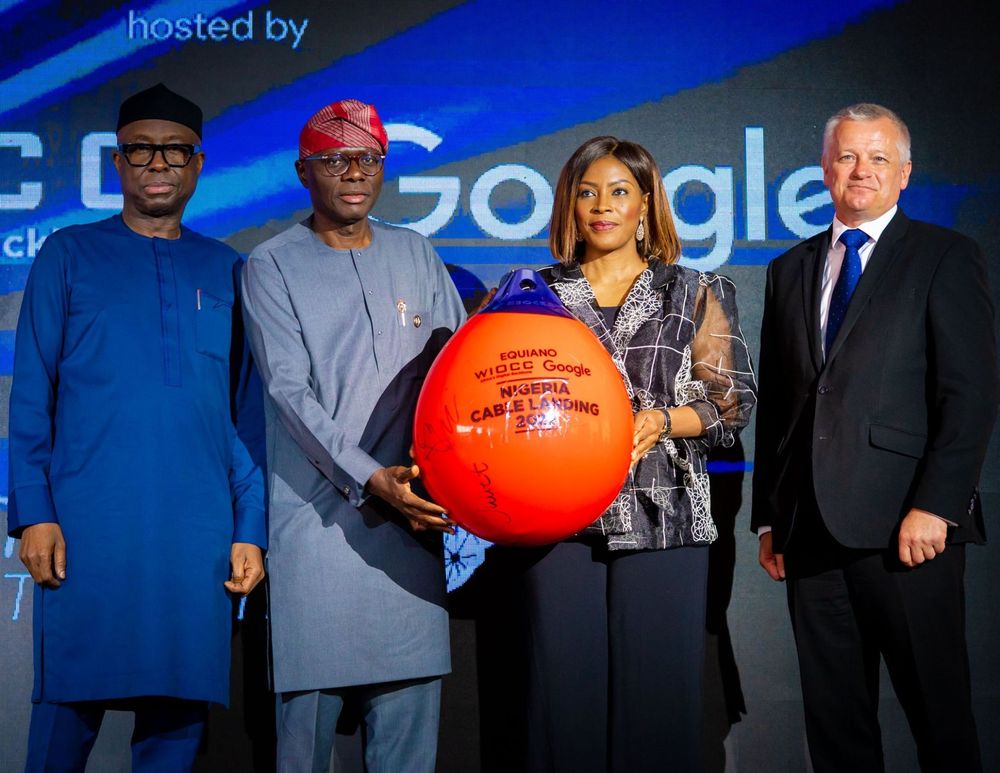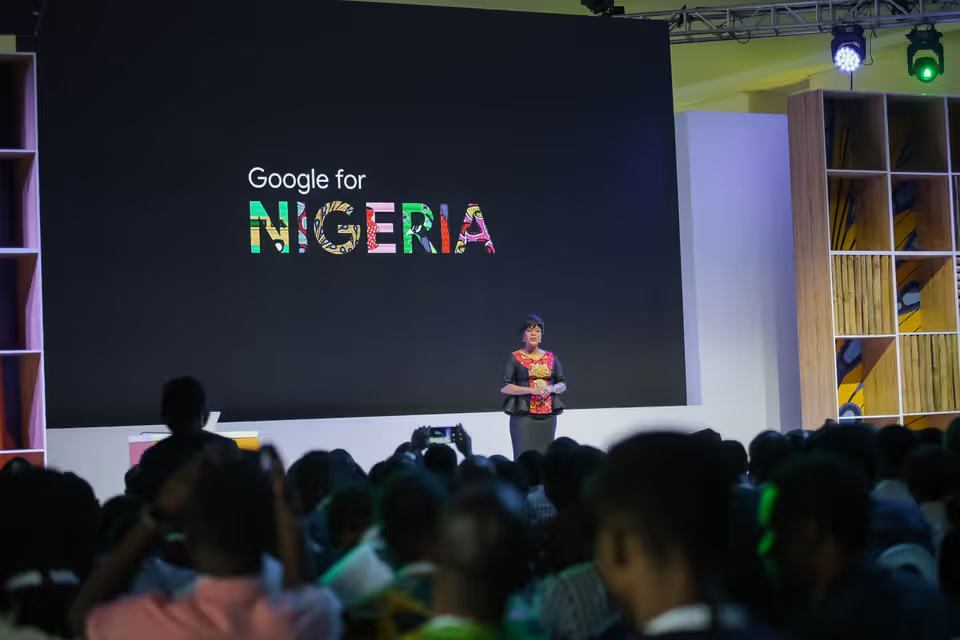In April 2011, Juliet Ehimuan was appointed as the second country manager for Google in Nigeria. Commenting on the appointment at the time, the then Google lead for Sub Saharan Africa, Joe Mucheru, said: “Google sees great potential in the Nigerian market. We are excited to have Juliet Ehimuan bring her expertise and knowledge to help fulfil that potential.”
Ehimuan started her career at Shell Petroleum Development Company as Performance Monitoring and Quality Assurance Supervisor. Following that, she worked as Program Manager at Microsoft UK for six years, initially managing Strategic Projects for MSN EMEA. She received the Microsoft ‘Ship-IT’ award for successfully launching the MSN online subscription business in Europe. She later became Business Process Manager for the MSN Global Sales and Marketing Organisation. She left Microsoft in 2005 to start SI Consulting Ltd UK, providing collaborative programs that connect African Business leaders with their global counterparts.
Prior to her appointment at Google, Ehimuan worked as General Manager, Strategic Business Units at Chams Plc leading four major lines of business, and key nationwide government projects. At Google, she was later promoted and appointed as the pioneer director of Google in West Africa, a role she held until her resignation a few days ago.

What did Juliet Ehimuan do at Google?
Ehimuan started her role as country manager in Nigeria when Google has just launched the the local version of YouTube that allows Nigerian multimedia and video content creators to share their content. “One of our key focus areas has been local content creation because the Internet would be more useful for people if they could find locally relevant information. To this end, we have deployed a number of products and programs to support local content creation,” she said.
In the same year, Google launched a nationwide Get Nigerian Businesses Online program. As part of this program, the big tech provided free and easy tools that business owner could use to create a website in a couple of hours and also get listed on Google Maps.
“We have evolved that program over time and currently run a Digital Business Manager (DBM) programme. This programme leverages Google’s third-party model to grow the digital ecosystem by supporting businesses in their online journey,” Ehimuan added.
Under her leadership, Google made significant commitments to nurture Africa’s technological landscape. Starting with a $3 million allocation for digital skills training in 2017, the funding led to the provision of free digital skills training to over 6 million people and in-depth training to over 100,000 developers.
In 2020, Ehimuan facilitated the Investment Fund, which injected $50 million into growth-stage startups, and more recently, she again facilitated a $1 billion investment towards Africa’s digital transformation in 2021.
“For the digital economy to thrive, certain things need to be in place: robust and reliable infrastructure, digital skills, local content, service providers and developers, and an enabling policy environment,” she writes in an article on Africa Report. During her tenure at Google, she ensured the localising key products like Google Maps, Street View and also provided support for startup founders through the Google for Startups and Black Founders Fund.
Read More: Since 2021, Google has backed 110 African startups through the Black Founders Fund
Still during her time at Google, the company unveiled Equiano, a private subsea cable that connects Africa with Europe. The cable landed Nigeria last year and has since reached Togo and South Africa.

According to a report commissioned by Google, Equiano will cause data prices to drop between 16% and 21% in South Africa, Namibia and Nigeria, and in the latter could lead to the creation of 1.6 million jobs, driven by the expansion of the digital economy and peripheral sectors.
After Google, What’s next?
The immediate past West Africa Director at Google Juliet Ehimuan says she will continue to create an impact in Africa’s tech space by working closely and supporting tech startups and entrepreneurs to birth another batch of unicorns on the continent.
Through her social impact organisation, Beyond Limits Africa, she intends to provide mentorship and funding for young African tech entrepreneurs.
“As I turn the page on my time at Google, I look forward to bringing together my passion for tech and leadership in supporting business leaders as they work to drive innovation and digital transformation in their operations, developing the next generation of African tech leaders, contributing to unlocking value in the dynamic African tech space, and continuing my work on leadership and personal excellence through “30 Days of Excellence” coaching and related programs,” she said.
Get passive updates on African tech & startups
View and choose the stories to interact with on our WhatsApp Channel
Explore




